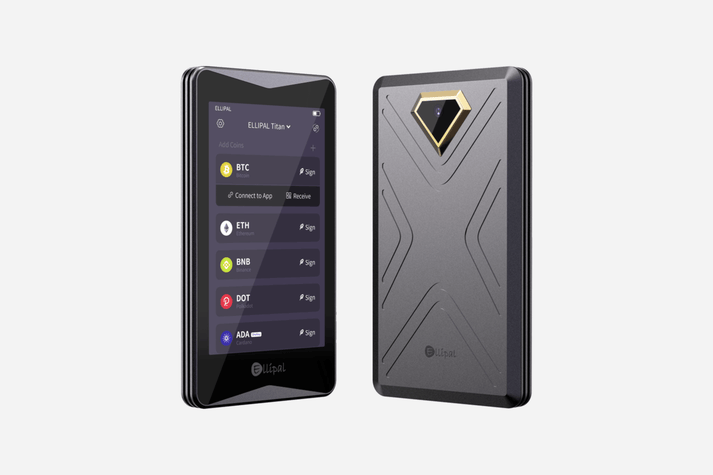Understanding Cold Wallets: The Ultimate Guide for Cryptocurrency Security
Cuerpo
In the realm of cryptocurrency, security is paramount. One of the most effective ways to safeguard your digital assets is through the use of a cold wallet. But what exactly is a cold wallet, and how does it differ from other types of wallets? This guide will delve into the intricacies of cold wallets, providing you with a comprehensive understanding of their importance in the cryptocurrency ecosystem.

What is a Cold Wallet?
A cold wallet refers to a type of cryptocurrency wallet that is not connected to the internet. This offline storage method significantly reduces the risk of hacking and unauthorized access. Cold wallets can take various forms, including hardware wallets, paper wallets, and even air-gapped computers. By keeping your private keys offline, you ensure that your assets remain secure from online threats.
Types of Cold Wallets
There are several types of cold wallets, each with its unique features and benefits:
- Hardware Wallets: These are physical devices designed to securely store your private keys. Popular options include the Ledger Nano and Trezor.
- Paper Wallets: A paper wallet is a physical printout of your public and private keys. While they are highly secure, they can be easily damaged or lost.
- Air-Gapped Computers: These are computers that have never been connected to the internet. They can be used to generate and store private keys securely.
Why Use a Cold Wallet?
Using a cold wallet offers several advantages:
- Enhanced Security: Since cold wallets are offline, they are immune to online hacking attempts.
- Control Over Private Keys: With a cold wallet, you maintain full control over your private keys, reducing reliance on third-party services.
- Long-Term Storage: Cold wallets are ideal for long-term storage of cryptocurrencies, making them perfect for investors who do not plan to trade frequently.
How to Set Up a Cold Wallet
Setting up a cold wallet is a straightforward process. Here are the general steps you should follow:
- Choose the type of cold wallet that suits your needs.
- Purchase a reputable hardware wallet or create a paper wallet.
- Follow the manufacturer's instructions to set up your wallet securely.
- Transfer your cryptocurrencies from an online wallet to your cold wallet.
For those interested in a reliable hardware solution, consider the . This device offers robust security features, ensuring your digital assets are well-protected.
Conclusion
In conclusion, a cold wallet is an essential tool for anyone serious about cryptocurrency security. By understanding the different types of cold wallets and their benefits, you can make informed decisions about how to protect your digital assets. Remember, the security of your cryptocurrencies ultimately lies in your hands.









Comentarios